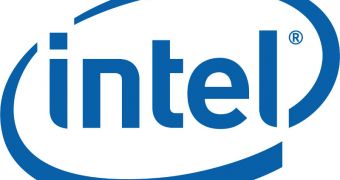In the company's latest conference call with analysts, Intel announced that it has increased its 2011 capital expenditures to $16.2 billion, which will be used to fuel efforts in areas ranging from servers, notebooks, tablets and smartphones to 14nm fab construction.
This sum is $500 million larger than that advertised by previous forecasts, and much of it will go into enhancing the company's 14nm production capabilities and into the recently announced Ultrabook project.
"Some of [the increased fab expenses] are a pull-in from next year [because we are moving] faster than expected into our 14nm factories," said Stacy Smith, Intel's chief financial officer, in the conference call.
According to Smith, Intel's current expenditures are focused on enabling 22nm peak production as well as towards building 14nm shells, but soon the Santa Clara chip giant will have to start outfitting factories with 14nm equipment.
As mentioned earlier, a part of the $500 million increase will be used for Intel's Ultrabook project, which is believed to be just as revolutionary as Centrino.
"The ultrabook project is akin to Centrino, trying to move the market to a new form factor and a new feature set like instant-on, touch interface and always-on systems," said Paul Otellini, Intel's chief executive officer.
"There's a great deal of engineering that has to be done because these features cost a lot of money, but PC prices won't go up, so we have to cost-engineer these products," continued Mr. Otellini.
An Ultrabook is defined by Intel as a laptop that combines high performance, excellent responsiveness and security, in a slim and elegant chassis.
Its main target is to provide Intel with an advantage in its fight against Windows 8 ARM-based notebooks manufactured by competitors such as Nvidia, Qualcomm and Texas Instruments. (via EETimes)

 14 DAY TRIAL //
14 DAY TRIAL //